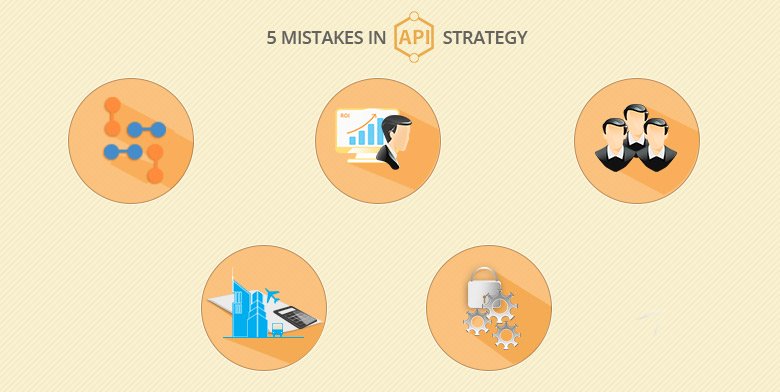API programs are fast becoming a new avenue for growth for enterprises of all sizes and domains. Benefits of having APIs are quite well known, however, one needs to think and plan meticulously before diving into the world of web services/APIs. From a business point of view, below are few things to watch out for while designing and implementing an effective API strategy:
- API Motivation: Like with most other business initiatives, a good starting point for an API strategy is to figure out what you want to achieve. Whether it is increase in revenue, broader partner base or competitive advantage – you should clearly figure out the end goal before you embark on an API Strategy. This first step will help you make decisions about what you are going to API enable, how you will go about doing it and how it will be marketed once it is implemented. So, spend enough time answering this question and make sure you understand what you are going after.
- Return on Investment: Most business initiatives are measured by their impact to the the bottom line; API program is no exception. If any business is going to implement an API strategy then it should expect a decent ROI from it. Since direct consumer for your API program would be app developers, you need to make sure you are devising your marketing strategy around them. Many businesses fail to plan how they are going to monetize their APIs and how developers payouts should be done. Also, ROI in this case should not only be measured in terms of money but also the non tangible aspects like branding, thought leadership and customer mind share. Many a times business ignore such things when they plan their API strategy.
- Feedback from developer community: Developer on-boarding is a critical part of overall API strategy of the business. Success of your API program mainly depends on how easily developers integrate with your API program and make apps for those. Before launching a full fledged API program, its advisable to release alpha/beta version of APIs and expose it to a selected set of developers and get their feedback. Having this feedback can help you better plan your API roll out.
- Estimating Traffic: When a business plans its API strategy, it needs to think of having good enough infrastructure to handle the load of live traffic. Sometimes businesses ignore this aspect and this results in service disruptions, loss of data, revenue and most importantly goodwill of end users. This can turn a bright future into a nightmare. Remember – nothing kills a badly implemented API faster than good marketing.
- Security and Performance Challenges: When a business launches its API program, its effectively exposing some of its data to the outer world. Due to the risks involved , some of the businesses have a very strict security protocols/checks in place. But it might have adverse effect on the developers using these APIs because of lack of seamless integration. Also, having more security related policies can result in delayed responses from APIs which will eventually degrade performance. So Business needs to plan properly for such scenarios in advance while opting to implement its API program.
I have helped large enterprises build scalable APIs for a long time. In my experience, the success of an API program depends largely on lining up your expectations and planning to meet them through an API Strategy.
Remember – Well begun is half done.
